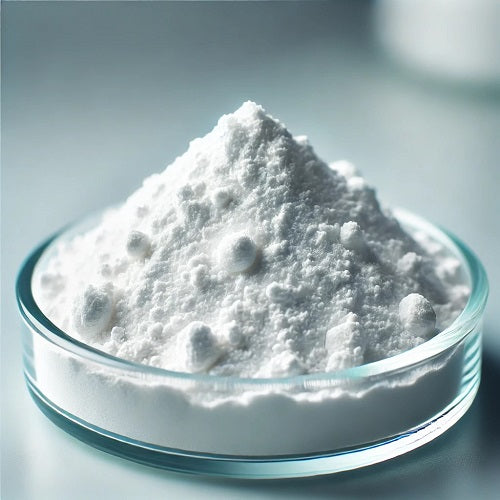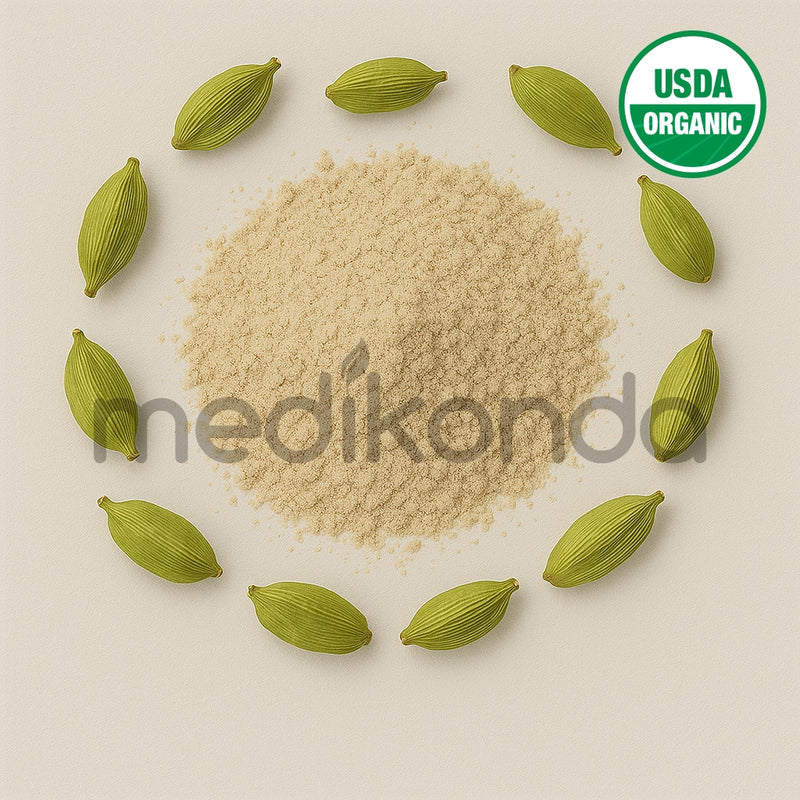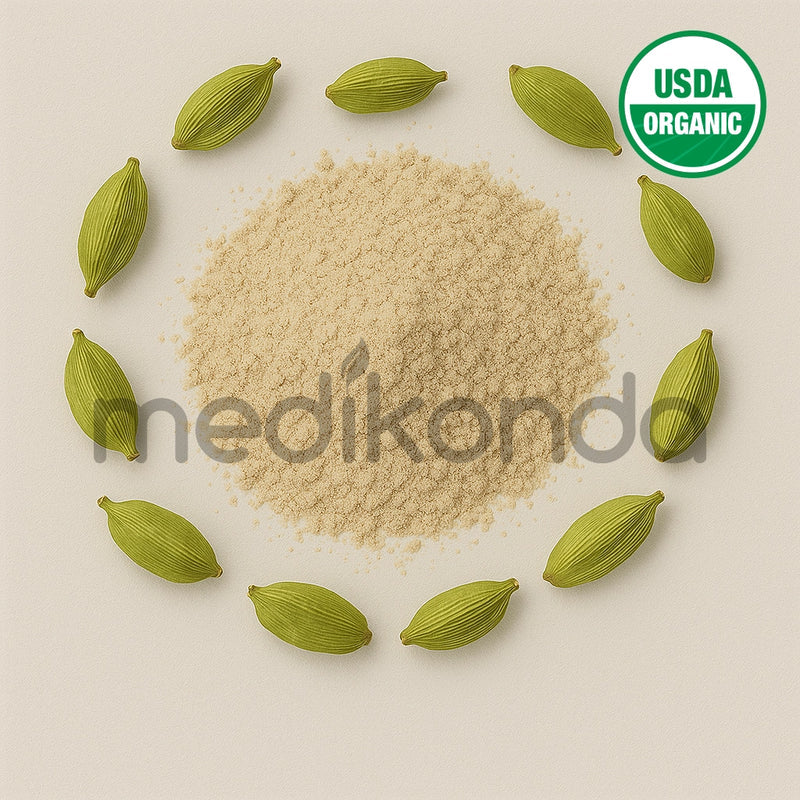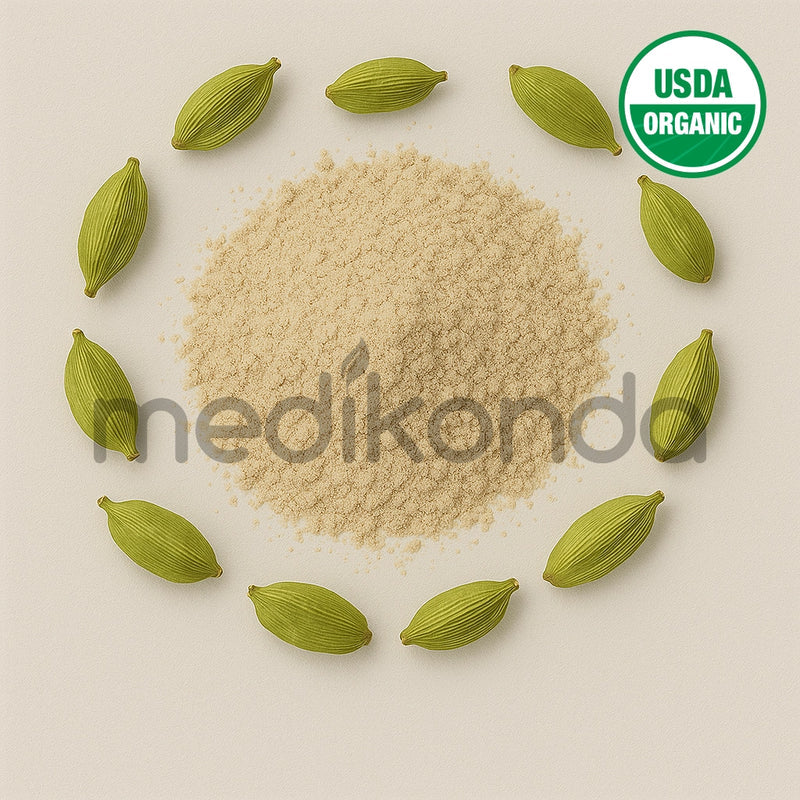Add description, images, menus and links to your mega menu
A column with no settings can be used as a spacer
Link to your collections, sales and even external links
Add up to five columns
Add description, images, menus and links to your mega menu
A column with no settings can be used as a spacer
Link to your collections, sales and even external links
Add up to five columns
LOOKING FOR BULK INGREDIENTS PRICING?
GET INSTANT QUOTEwhat ingredient are you looking for?

Benefits of Niacin - Wholesale B2B Bulk Suppliers in Australia and New Zealand
Niacin: The Essential Vitamin for Metabolic and Heart Health
What is Niacin?
Niacin, also known as vitamin B3, is a water-soluble B-complex vitamin that plays a critical role in numerous bodily functions. It is involved in the conversion of food into energy, supports healthy skin and nerves, aids in DNA repair, and helps regulate cholesterol levels. Niacin exists in two main forms: nicotinic acid and niacinamide (nicotinamide)—both of which are essential for maintaining optimal health.
Key Health Benefits of Niacin
1. Supports Energy Metabolism
Niacin is a coenzyme in over 400 enzymatic reactions, especially in those related to energy production. It helps convert carbohydrates, fats, and proteins into usable energy by participating in the function of NAD (nicotinamide adenine dinucleotide) and NADP (nicotinamide adenine dinucleotide phosphate).
2. Promotes Heart Health
Nicotinic acid, a specific form of niacin, is known to:
-
Increase HDL (good) cholesterol
-
Lower LDL (bad) cholesterol
-
Reduce triglycerides
These effects make niacin a valuable nutrient for people looking to improve their cardiovascular profile naturally.
3. Supports Brain Function
Niacin is essential for maintaining neurological health. Deficiency has been associated with symptoms like brain fog, memory loss, and in severe cases, dementia. It also plays a role in protecting brain cells from age-related damage.
4. Maintains Healthy Skin
Niacin helps maintain healthy skin tone and texture and is often used in topical skincare formulations to reduce inflammation, acne, and hyperpigmentation.
5. Aids in Detoxification and DNA Repair
Through its involvement in the NAD/NADP pathways, niacin is critical for cellular detox, DNA synthesis, and repair, making it a key player in anti-aging and cellular health.
Niacin Deficiency: Pellagra
A deficiency in niacin can lead to a disease called pellagra, characterized by the “three Ds”:
-
Dermatitis
-
Diarrhea
-
Dementia
If left untreated, pellagra can be fatal. Though rare in developed countries, deficiency still occurs in populations with poor dietary intake.
Food Sources of Niacin
Natural food sources rich in niacin include:
-
Meat (especially liver)
-
Poultry
-
Fish (tuna, salmon)
-
Whole grains
-
Peanuts
-
Legumes
-
Fortified cereals
Niacin Supplements
Niacin is available as a dietary supplement in several forms:
-
Nicotinic acid: Used primarily for cholesterol management
-
Niacinamide: Preferred for general supplementation and skincare
-
Flush-free niacin (inositol hexanicotinate): Designed to minimize the common "niacin flush"
Typical doses range from 14–16 mg/day for adults for general health. Higher doses (250–2,000 mg/day) for cholesterol management should be used only under medical supervision.
Possible Side Effects
High doses of niacin, particularly nicotinic acid, may cause:
-
Flushing (redness and warmth of the face)
-
Itching
-
Nausea
-
Liver toxicity (at very high or sustained doses)
To reduce side effects, time-release formulations or slow dosage increases are often recommended.
Final Thoughts
Niacin (Vitamin B3) is a vital nutrient for energy production, cardiovascular health, and neurological well-being. Whether you're looking to improve your cholesterol profile or simply maintain good health, ensuring adequate niacin intake through food or supplements can offer wide-ranging benefits. As always, consult a healthcare provider before starting high-dose niacin therapy, especially for cholesterol management or if you have liver concerns.
For bulk orders and inquiries, visit Medikonda Nutrients - Niacin
Medikonda Nutrients is the Largest Manufacturer, B2B Bulk Wholesale Supplier of Niacin in Australia and New Zealand.
Also in Medikonda: Health & Wellness
SUBSCRIBE NOW ...
Don't miss to get latest updates on sales, new releases and promotions




